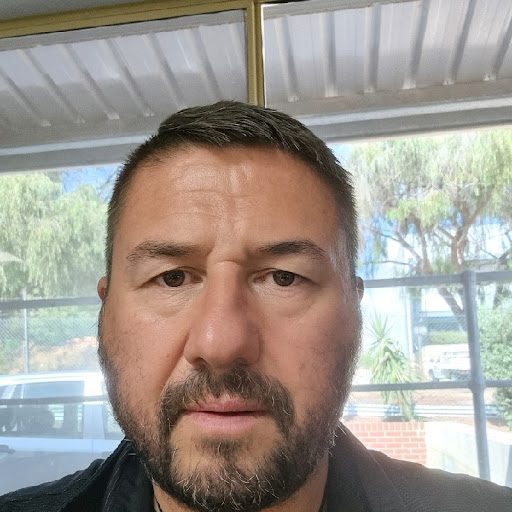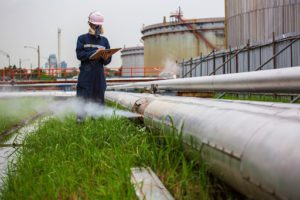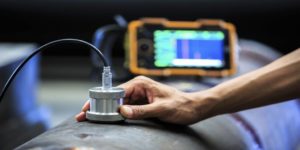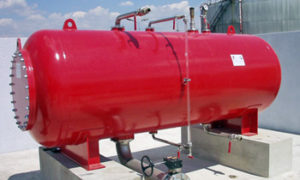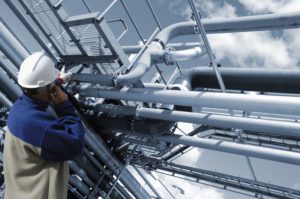Table of Contents
In the intricate network of industrial operations, pipelines serve as vital arteries, conducting liquids and gases critical for various processes. The significance of API 570 inspections thus becomes paramount, providing a framework for maintaining the integrity and safety of these piping systems across numerous sectors. This document highlights the importance, classification, methodologies, and key considerations of API 570 inspections, positioning them as indispensable for the longevity and reliability of piping infrastructures.
Understanding the Pinnacle of API Piping 570 Examination
The essence of API Piping 570 inspection lies in the thorough examination, evaluation, repair, and modification of in-service metallic and fibreglass-reinforced plastic (FRP) piping systems, including their pressure-relieving devices, following the API standard. This inspection protocol applies to a broad spectrum of hydrocarbon and chemical transport lines, aiming to fortify piping networks’ safety and structural soundness. Expert inspectors, versed in API 570 regulations, undertake comprehensive evaluations to detect any form of deterioration or compliance issues, incorporating guidelines from ASME B31.3 and ASME B31.4 for enhanced scrutiny.
Clarifying API 570 Piping Classification
API 570’s scope encompasses an extensive range of systems designed for the movement of process fluids, hydrocarbons, and other hazardous substances, with specific exemptions outlined within its provisions. It covers everything from petroleum and chemical product lines to systems transporting gases and hazardous fluids, specifying exclusions for certain fluid services and piping classifications according to detailed criteria.
Exploring the Spectrum of API 570 Inspection Methods
The methodology behind API 570 inspections covers a wide array of techniques, each tailored to address the distinct needs of the piping system under examination. Techniques range from Internal Visual Inspection, which employs state-of-the-art tools for internal assessments, to On-stream Inspection, facilitating defect detection during operation to minimize production interruptions. Thickness Measurement Inspection focuses on combating corrosion, while various Non-Destructive Examination (NDE) techniques unveil defects discreetly. External Visual Inspection focuses on surface condition checks, and Vibrating Piping Inspection targets the mitigation of vibration-related risks.
Beyond Standard Inspection: Supplemental Inspection
API 570 recognizes the value of Supplemental Inspections, tailored to unique situations or concerns that exceed the routine inspection framework. This approach includes utilizing radiography and thermography for specialized evaluations, aiming for a more tailored safeguarding of piping systems.
Foundational Concepts: FFS and RBI
API 570 endorses Fitness for Service (FFS) and Risk-Based Inspection (RBI) as fundamental concepts, emphasizing the assessment of damage and the formulation of inspection strategies based on risk analysis. These principles serve as a guide for maintaining the integrity and functionality of piping systems throughout their operational lifespan.
Advancing Knowledge and Skills in API 570 Inspection
Pursuing proficiency in API 570 inspection offers professionals an opportunity to elevate their expertise and contribute significantly to industrial safety and efficiency. Training programs provided by Petrosync, renowned for their comprehensive coverage and practical insights into API 570, equip individuals with the knowledge and skills required for exemplary performance in piping system inspection.
Commitment to Piping System Excellence
This overview underscores the imperative for adopting API 570 inspection standards, highlighting the journey toward operational excellence and safety in industrial settings. Through a commitment to rigorous inspection standards and continuous professional development, the narrative of piping and pipeline inspection is one of dedication to maintaining the highest levels of integrity and reliability.

